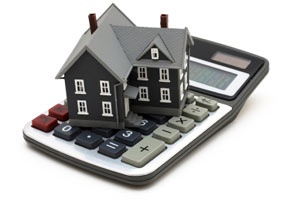Marin County Mortgage & Home Loan Information
Review of Online Lending and Mortgage Websites and Services
In the past 20 years, online lending has exploded and local mortgage brokers are now competing with online brokers. Getting a home mortgage or refinancing your is a major financial decision and should be treated as such. Online interest rates that seem “too good to be true” often are and one needs to navigate wisely to avoid scams.
 If you do insist on shopping for a mortgage/home loan online, then there are a few factors that you need to be aware of: First, when comparing loans, make sure that you're comparing loans on an apples-to-apples basis. For example, you find that "Loan A" for a 30-year loan has a much lower interest rate than "Loan B" (also for 30 years). Upon further inspection, you find that "Loan A" is technically an adjustable rate mortgage. Its payment is based on a 30-year amortization, but becomes due through either payment or refinancing at the end of 5 or 7 years. These are frequently referred to as a 5-year or 7-year fixed-rate mortgage. While both said "30-year", they are not the same type of loan.
If you do insist on shopping for a mortgage/home loan online, then there are a few factors that you need to be aware of: First, when comparing loans, make sure that you're comparing loans on an apples-to-apples basis. For example, you find that "Loan A" for a 30-year loan has a much lower interest rate than "Loan B" (also for 30 years). Upon further inspection, you find that "Loan A" is technically an adjustable rate mortgage. Its payment is based on a 30-year amortization, but becomes due through either payment or refinancing at the end of 5 or 7 years. These are frequently referred to as a 5-year or 7-year fixed-rate mortgage. While both said "30-year", they are not the same type of loan.
Second, you should always ask the lender for a statement detailing all fees associated with the loan. Factors such as "points" (loan fee), interest rate and "garbage fees" (extra fees which some lenders charge) can vary greatly from one lender to another.
Marin County Mortgage Brokers
We recommend that all of our clients use a local mortgage broker as this usually yields the best terms and gives you a point of contact for any questions or concerns you have. Be sure to ask friends and associates who have refinanced or purchased recently if they have a broker they can recommend. You'll want to find a broker who is energetic, flexible and knowledgeable about finance and loans and someone who has your best interests in mind. Please contact us for our recommendations.
Types of Mortgages
Fortunately for buyers, there are a variety of mortgages to choose from. It is in your best interest to investigate each of them to determine which is best for you. Most buyers will not qualify for all of them.
Fixed Rate Mortgages
Consider a fixed rate mortgage if either of the following describes you: you plan on living in your new home for many years, and/or you are not a risk-taker and prefer the stability of knowing how much your payment will be each month. If you want a consistent payment you can count on for that long of a period of time, a fixed rate mortgage would work best for you. Once your loan amount and interest rate are calculated and locked in, a fixed rate mortgage will guarantee that you will have the same payment over the life of the loan. Making extra payments to principal will allow you to pay your loan off sooner.
This may not always be the best choice, however. If interest rates are very high at the time you take out your loan, with a fixed rate mortgage you'll be stuck with that high interest for the life of the loan (unless you choose to refinance). Conversely, if interest rates are very low, you'll come out the winner with interest rates that will stay low no matter how high interest rates go in the future.
Adjustable-Rate Mortgages (ARMs)
If you are more comfortable in taking a risk with your money or if interest rates are very high at the time you take out your loan, an adjustable-rate mortgage (ARM) may be the solution for you. You may also choose this type of loan if your planned ownership of the property is short-term or if you expect your income to increase to cover any potential rise in the interest rate. Generally, the initial interest rate on ARM loans will be lower than fixed-rate mortgages.
Since an ARM rate rises and falls depending on the prevailing interest rate, your mortgage payment will rise and fall accordingly. If your income is not sufficient to cover the highest possible payments, then this option is not for you. On the positive side, the lower initial payments will allow you to qualify for a larger loan than if you choose a fixed-rate. The downside is that your payments will increase if/when the rates go up.
Typically, ARM interest rates are tied to a specific financial index (such as Certificate of Deposit index, Treasury or T-Bill rate, Cost of Funds-Indexed Arms or COFi, or LIBOR) and your payment will be based on the index your lender uses plus a margin, generally of two to three points. Get the formula used by your lender in writing and make sure you understand what it means.
Fortunately, the amount an ARM can increase is limited. There are "caps" on how much your lender can increase your rate, both for a period of one year and for the life of the loan. Plan ahead, and have your lender calculate what the maximum payment would be if your rate went to the highest amount allowed by the cap for your particular mortgage. If you are not confident you'll be able to pay that amount on a monthly basis, perhaps you should reconsider this type of loan.
Convertible ARMs
If neither the fixed-rate nor the adjustable-rate mortgage seems like the best option, perhaps the convertible ARM will be right for you. This alternative combines the initial advantage of an ARM with a fixed rate after a predetermined number of years. This type of mortgage is advantageous when the current rate is lower than average.
Government Loans
If you qualify, government loans from a variety of social programs may be the best value. Speak with your mortgage broker about your government loan options.
VA Loans
Veterans may qualify for a loan from the Veterans Administration. There is a limit on the amount you can borrow, so this option works best for those buying a lower priced home.
FHA Loans
The Federal Housing Association offers loans to lower-income Americans. Look for the phrase "FHA approved" when looking at ads for homes.
